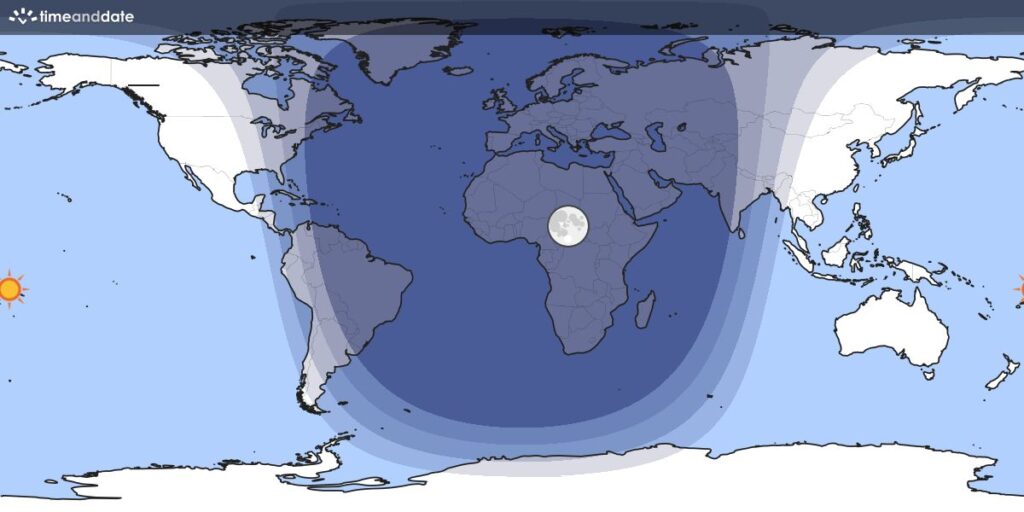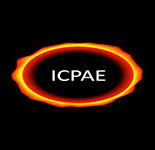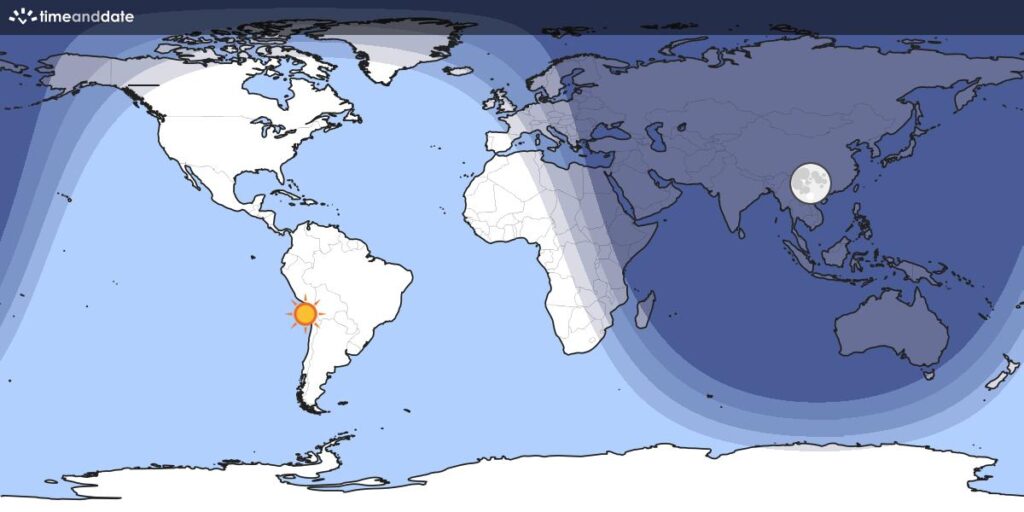
February 17th 2022, 00:00 UTC
16th 16:00 PST and 17th 01:00 CET
16th 7 PM in New York, 17th 1 AM in Paris, 17th 8 AM in Beijing
Exploring the Mysterious Origins of Super-Earths and Mini-Neptunes
Heather A. Knutson
(Caltech, USA)
Recorded video: YouTube, Bilibili
Abstract:
Nearly a decade has passed since the discovery that planets with sizes intermediate between that of the Earth and Neptune (“super-Earths” or “mini-Neptunes”, depending on their densities) dominate the observed population of close-in exoplanets. These planets have no solar system analogue, yet a significant fraction of Sun-like stars appear to have at least one (and often more) interior to Mercury’s orbit. In my talk I will describe ongoing efforts to characterize the bulk and atmospheric compositions of these planets, and to explore their past formation and migration histories.
About the speaker:
Heather Knutson is a professor of planetary science in the Division of Geological and Planetary Sciences at the California Institute of Technology. She obtained her BS in physics from Johns Hopkins University in 2004, and her PhD in astronomy from Harvard University in 2009. She then spent two years as a Miller Postdoctoral Fellow at the University of California, Berkeley before beginning her faculty position at Caltech. She is the recipient of the Annie Jump Cannon Award and the Newton Lacy Pierce Prize from the American Astronomical Society, as well as the Paolo Farinella Prize from the Europlanet Society. Her research focuses on using the present-day properties of exoplanetary systems to explore how planetary systems form and evolve.
Audience in the world:

(image credit: timeanddate.com)

Organization: ICPAE
(https://www.iamas.org/icpae/webinar)
Supported by IAMAS (https://www.iamas.org)

